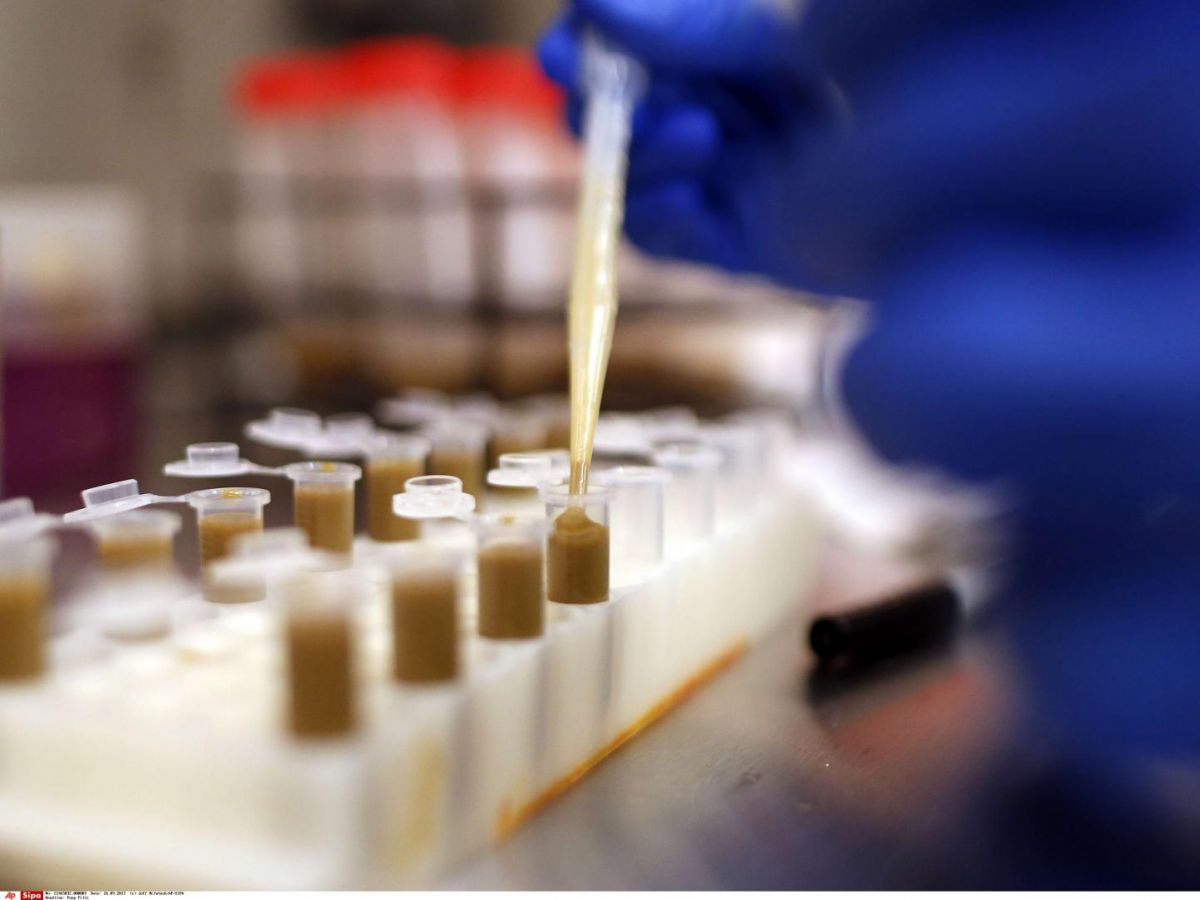Fecal microbiota transplantation (TMF) involves transferring the fecal microbiota (stools) of a healthy donor to the digestive tract of a sick recipient. Depending on the patient, it is administered by upper route (capsules, nasogastric tube) or lower route (colonoscopy, enema).FMT is used to treat multi-recurrent forms of Clostridium difficile infection, when there is no other alternative”, explains to Science and Future Harry Sokol, gastroenterologist at St. Antoine Hospital (APHP-Sorbonne University) and coordinator of the AP-HP fecal transplant center, says: And the results are there: recovery occurs within 72 hours in the majority of cases.
But researchers from the Universities of Chicago and Hong Kong suggest that FMT may carry risks. In a study published in the journal Cell On June 6, 2025, they showed that colon bacteria were found in other parts of the intestine following FMT.
Bacteria in the wrong place
As part of the study, the team conducted a series of experiments on mice. One group received a transplant of microorganisms from the jejunum, the first part of the small intestine. Other mice received a transplant from the cecum, the section connecting the small intestine to the large intestine.
Results: Bacteria from the transplants colonize the entire digestive tract of the mice, not just the portion from which they originated. Moreover, the transferred bacteria can modify gene and protein expression in the intestinal wall, so that they more closely resemble the expression levels observed in their region of origin. Therefore, anaerobic bacteria in the colon are able to modify their environment, the small intestine of the mice, to better populate it.
The research team also observed differences in the mice's eating behaviors, activity, and energy expenditure after transplantation. However, the study also showed that anaerobic bacteria were present outside the colon in human patients. Does this suggest that fecal microbiota transplantation is a risky therapy?
Read alsoCancer: Immunotherapy boosted by fecal transplant
Not very alarming results
All these results need to be qualified. First of all, the influence of the intestinal microbiota on the behavior and overall health of the individual was already well known before this study. Then, the methodology used has several limitations: “The human portion of this study is extremely limited, comments Harry Sokol. Most of the results come from axenic mice, that is, mice without microbiota, which is light years away from reality."Indeed, in the part conducted on human patients, the presence of anaerobic bacteria in the small intestine was only noted at one time point, four weeks after FMT. “This increase is entirely expected, especially since it is moderate and highly variable from one individual to another.”, adds the researcher.
Furthermore, the use of fecal microbiota transplantation is taken seriously by health professionals.TMFs are closely monitored, insists Harry Sokol. Donor screening criteria are strict"In addition, the potential side effects of FMT on health are being studied. In France, the COSMIC safety cohort, made up of hundreds of people, both stool donors and recipients, allows for patient monitoring."No cases of non-intestinal disease following FMT have been reported to date.”
Read alsoFirst French trial of fecal transplant in irritable bowel syndrome
“The study reminds us that FMT is not a harmless treatment but does not call it into question in any way.", concludes Harry Sokol. While the mechanisms are still partially understood, FMT is very effective in treating certain intestinal infections. It represents a major therapeutic solution while awaiting the development of more standardized microbial treatments such as new-generation probiotics.

